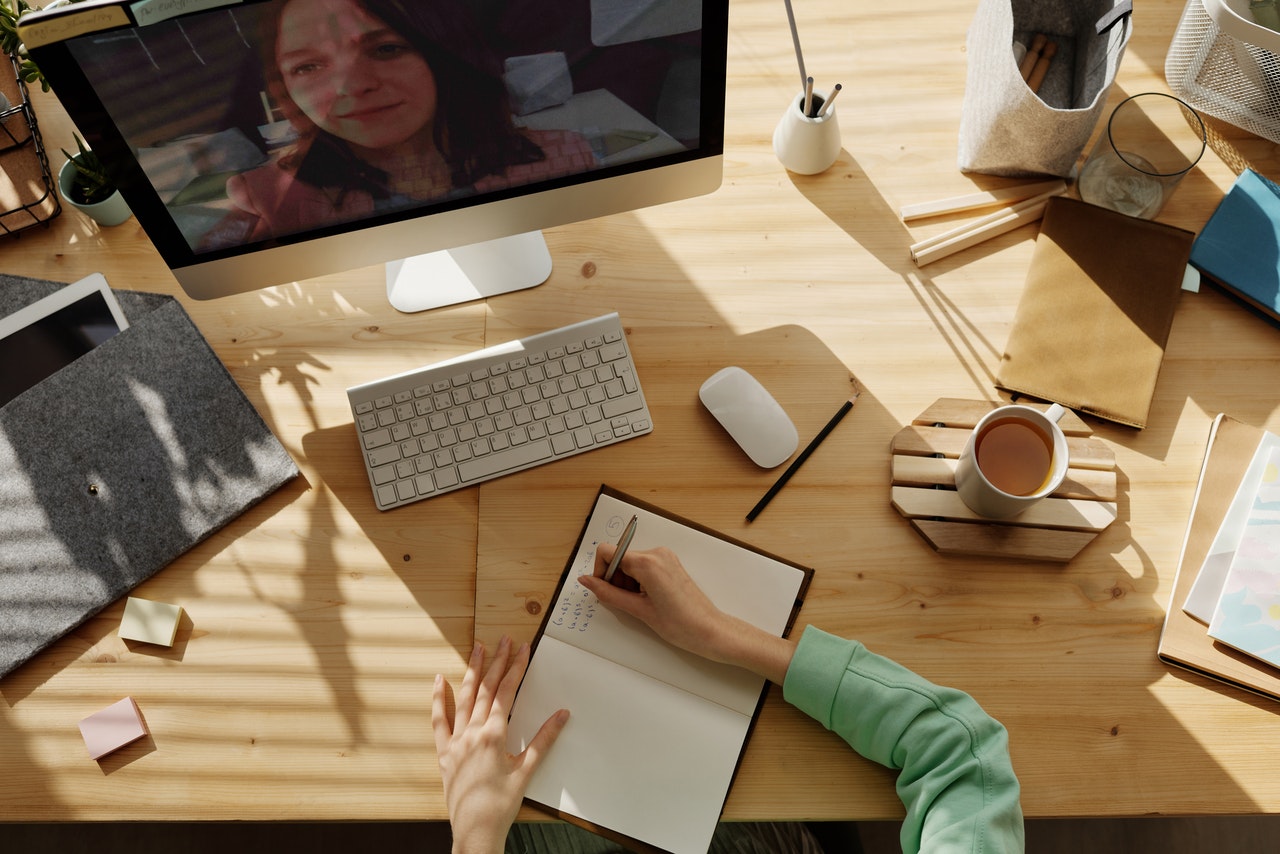The original version of this article was first published on Mental Health Today by Ed Brown.
 Online mental health services have expanded dramatically over the last year, and new projects have been recently announced that seek to improve workplace mental health and facilitate greater access to counselling sessions.
Online mental health services have expanded dramatically over the last year, and new projects have been recently announced that seek to improve workplace mental health and facilitate greater access to counselling sessions.
Naturally, many services and spaces have been transformed by the pandemic and have social-distanced online – be that office workplaces, GP visits, education, and mental health therapy sessions.
This transitional trend of physical to virtual settings inevitably feels like it is a predictable part of the technological and social zeitgeist, the incremental, unstoppable progress of digitalisation – which Covid-19 has only acted as a catalyst in doubling progress to a predetermined virtual epoch.
Transition to the virtual
Last month My Online Therapy announced a partnership with the private medical insurer Vitality, to further bolster the mental health support available to both their members. The services, which went live this month provides members with mental health services such as – CBT, mindfulness-based therapies, and schema therapy.
Over this last year My Online Therapy has reported an increase by 1475% of active users in therapy and have said that this is not a completely isolated occurrence. Reasoning that the pandemic has merely turbocharged an ongoing behavioural change trend, therefore pushing online therapy to become a mainstream option.
Vasileios Touronis, chief operating officer & co-founder of My Online Therapy, expressed the convenience of virtual sessions and said that: “By working together, we will be able to provide convenient, high-quality psychological care at the click of a button, presenting Vitality’s members with the opportunity to connect with a psychologist from the comfort of their own home and fit therapy sessions around work, home and family life.”
Similarly, over this year, many businesses have integrated digital support programmes into their workspaces to promote good mental health practices in their employees. One such digital platform 87% is used by employers to monitor the mental wellbeing of their workforce.
Data from the platform has found that levels of anxiety, fatigue, and isolation are rising across the UK workforce. Fortunately, however, 87% has launched the app #3forme, earlier this month, to help their users realise an improvement in their mental health.
Andy Biddy, CEO of 87%, said: “It can be hard to prioritise our mental wellbeing. #3forme … [is] the mental health equivalent of a balanced diet or taking 10,000 steps a day. It is designed to be simple, practical and effective and will help you build mental fitness and resilience by spending three minutes a day doing more of what helps your mental health and less of what doesn’t.”
Will patients become users?
An alternative to the technological progress narrative, privately many psychotherapists, have vocalised the therapeutic cons of digitalised therapy for some patients. Of course, the pandemic has mandated the closure or restricted use of in-person therapy rooms, therefore social distanced therapy is the norm – although many therapists have argued that the usefulness post-pandemic of virtual sessions remains to be seen.
The reasons for this many psychotherapists have cited: patient privacy concerns, the technological reduction of the physical space between patient and therapist, the silencing of some non-verbal communication, and the psychological loss of the transitional and the therapeutic space.
Many patients have also expressed that they feel as if they have offloaded their emotional baggage in their living environments, and sometimes they feel exposed at home and are therefore inevitably afraid to reveal too much in online sessions.
While online therapy and mental health apps are experiencing a rapid increase in users, post-pandemic it remains to be seen if this style of therapy remains the preferred choice for clients, or even if therapists prefer this method over more traditional sessions.
The original version of this article was first published on Mental Health Today.
If you are dealing with any negative thoughts, we offer video chat & telephone counselling sessions at LCC.




